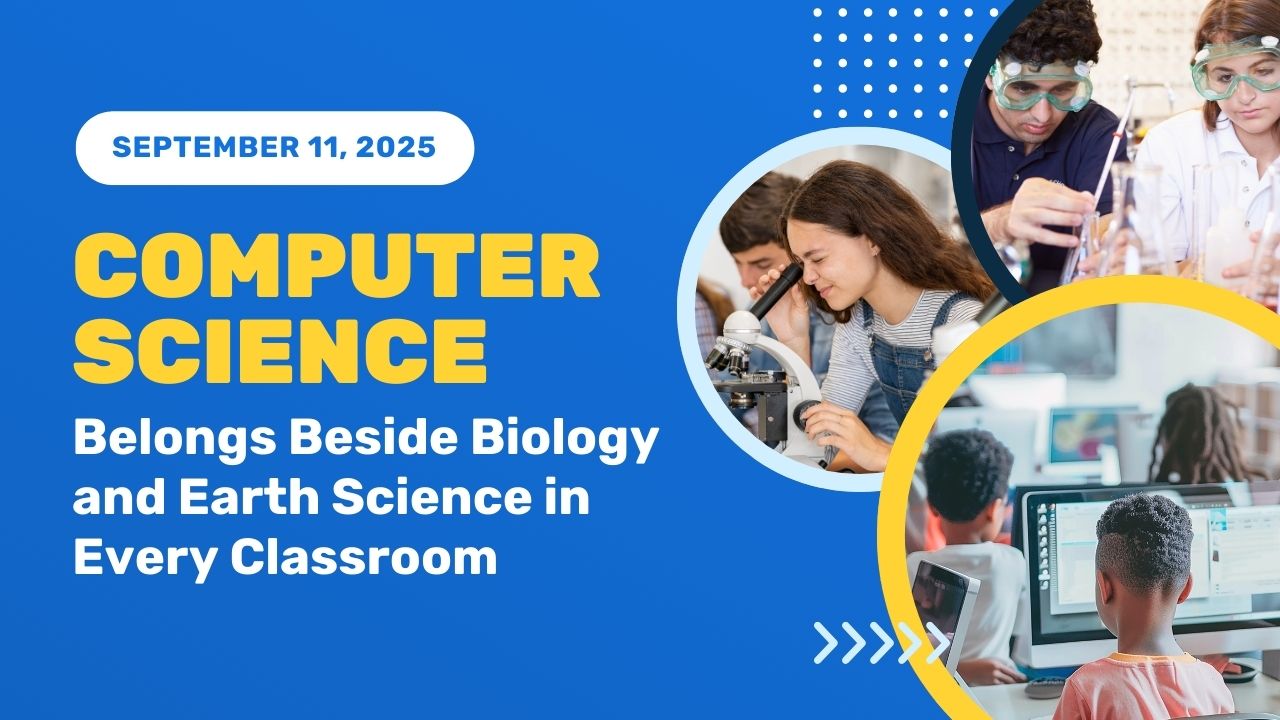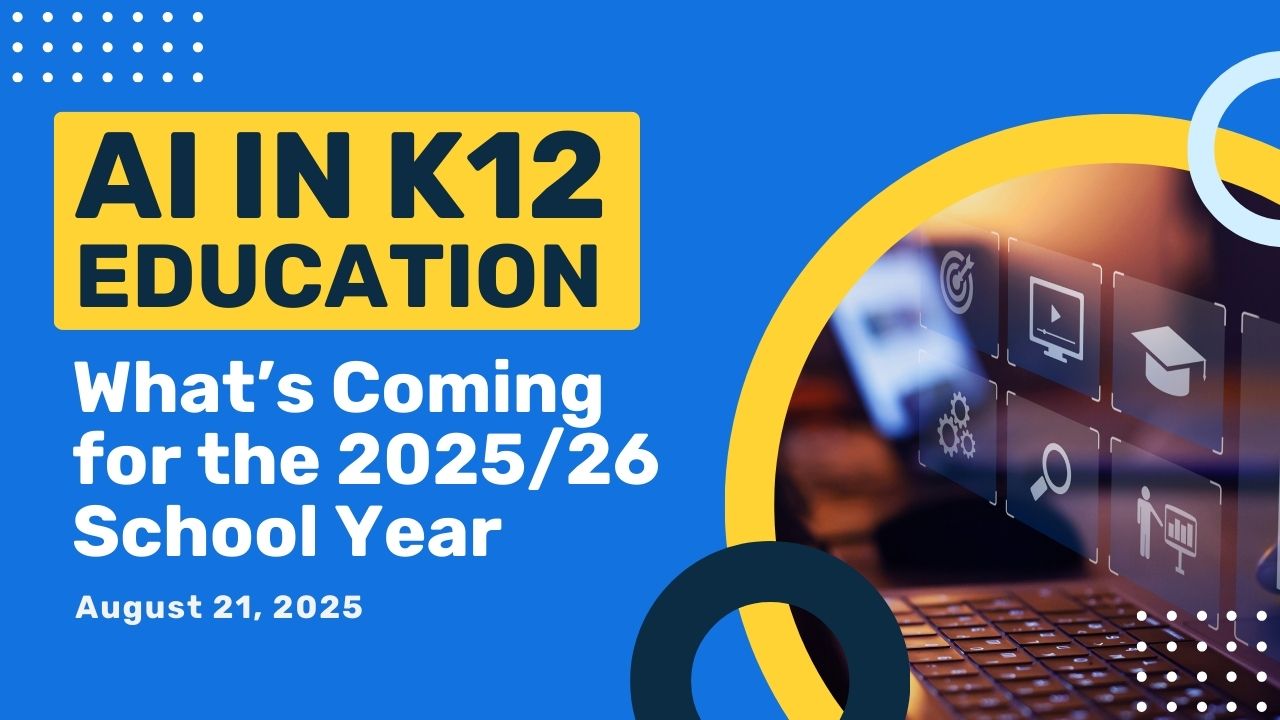Every student has unique learning needs, but for neurodiverse students, those needs can be especially complex. Neurodiversity refers to the range of neurological differences and conditions, including autism, ADHD, and dyslexia, among others. Educators have a responsibility to meet the needs of all students, but this is especially important when it comes to neurodiverse learners.
However, this task can be challenging without the right tools and strategies. By incorporating tools that support neurodiversity into their classrooms, educators can help every student reach their full potential, regardless of their unique learning profile.
Multimedia Education
The use of multimedia lessons, especially video-based lessons, can help create a more inclusive learning environment that supports the diverse needs of neurodiverse students. One key advantage is the support provided through visual and auditory aids, which can be particularly helpful for students who struggle with processing information presented in only one modality. Additionally, video-based curriculum can be more engaging for students than traditional lectures, thanks to the incorporation of videos, animations, and interactive activities. This engagement can be particularly beneficial for students who may struggle with attention or interest in traditional classroom settings.
Video-based lessons can also be tailored to meet the individual needs of students, such as those with dyslexia or ADHD, through the use of closed captions, transcripts, or shorter, more frequent videos or activities. Diverse media can also offer a level of flexibility that can be valuable to neurodiverse students who may need to review material or catch up on missed classes. Taken together, the benefits of multimedia video lessons can create a more inclusive learning environment that supports the diverse needs of neurodiverse students.
Task management software
Task management software can support neurodiverse students by providing them with an organizational structure that helps them manage their time effectively. Neurodiverse students may struggle with executive functioning, making it difficult to stay organized. Task management software can help students prioritize tasks, create to-do lists, and set reminders, making it easier to manage academic and personal responsibilities.
Furthermore, task management software can be customized to meet the individual needs of students. It can provide accommodations to students with different learning needs, such as visual reminders or text-to-speech software. The software can also help students feel a sense of accomplishment as they complete tasks and move closer to achieving their goals. By reducing stress and anxiety and increasing motivation, task management software can support the success of neurodiverse students.
Interactive, Project-Based Activities
Interactive classroom activities can be highly beneficial for neurodiverse students, providing a more engaging and stimulating learning environment. By actively involving students in the learning process, interactive activities can help students with attention and focus difficulties, such as ADHD. Moreover, such activities can be tailored to meet the diverse learning needs of neurodiverse students, such as using visual aids or technology for students with dyslexia or other learning differences.

Interactive activities can also help neurodiverse students develop social skills, which can be particularly beneficial for students with conditions such as autism or social anxiety. By promoting communication, collaboration, and teamwork, interactive activities can help students feel more comfortable in social situations. Additionally, multi-sensory learning experiences provided by interactive activities can benefit students with sensory processing difficulties, such as those with autism. Customization of activities to match the interests and strengths of neurodiverse students further boosts their engagement, personalization, and creativity in learning . Gamer Math and Academic Esports programs, for example, use students' love and passion for video games to drive engagement, boost scores, and facilitate STEM career exploration. In conclusion, interactive classroom activities can support the academic success and well-being of neurodiverse students by providing a more inclusive and supportive learning environment.
–
Meeting the needs of neurodiverse students requires thoughtful consideration and intentional use of specific tools and strategies. By incorporating assistive technology, sensory tools, multi-sensory learning materials, video-based curriculum, project-based learning, and social-emotional learning tools, educators can help all students, including neurodiverse students, succeed in the classroom.
–
At Mastery Coding, supporting each and every student is our mission: no matter their background, economic status, or condition they may have. Everyone deserves the opportunity to pursue a STEM career - and STEM advances best when all perspectives are included in the dialogue.
Mastery Coding delivers curriculum in a way that is inclusive and accessible to students with neurodiverse needs. To learn more about how Mastery Coding supports students see Product Accessibility.













.webp)

